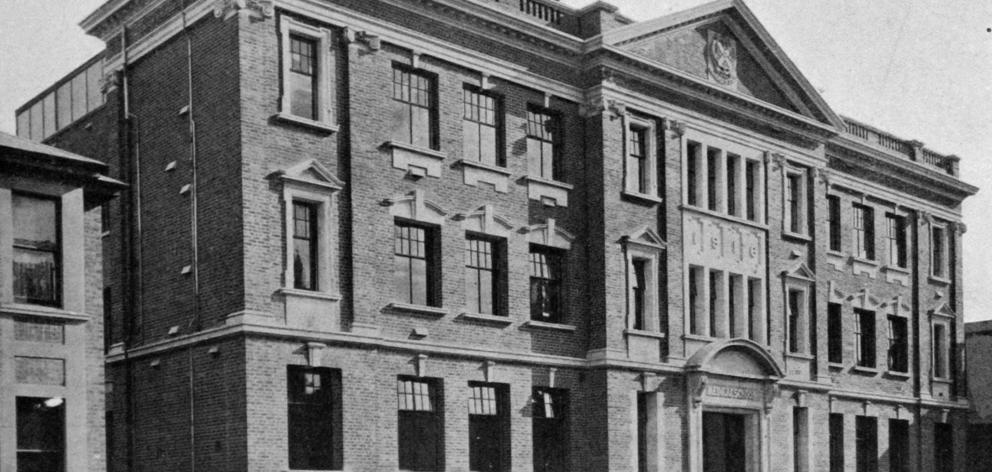
Apparently all the mines in the district are at present affected. The men have evidently ceased work in protest against the action of the authorities in arresting certain union officials on charges arising out of the War Regulations and alleging against them that they have been guilty of seditious conduct in counselling, with threats, a restriction of output.
The operation of the Military Service Act may fairly be said to be merely the pretext, not the real reason, of the strike. It is plain that the output in some of the mines has been deliberately reduced. It is equally plain that the adoption of a policy of restriction of output is, in present circumstances, specially inimical to the interests of the country and of the Empire.
The policy is one that, at the best, is economically unsound. It has the effect of limiting the circulation of money, of increasing the price of the product, and consequently of creating hardship for the poorer classes of the community. At any time, therefore, it is a short-sighted and foolish policy. To the objections that may ordinarily be legitimately raised against the restriction of output is added, under existing conditions, the even more potent objection that it is unpatriotic and disloyal.
The country requires all the steam coal it can produce in order that the transport of soldiers to the front and the transport of foodstuffs for the army in France and for the people of Great Britain may be uninterruptedly carried on. A strike of coal miners, in protest against the arrest of men who are alleged to have practised sedition, is, therefore, anti-British and pro-German. There is no escape from this conclusion. We do not believe that the majority of the men engaged in all the West Coast mines are disloyal — whatever may be said about those in some of them — and we hope that the period of reflection which the holiday season affords will lead to the adoption of saner and more patriotic views.
• Washington (April 6). President Wilson has signed the Congress war resolution. Ninety German ships have been seized in United States ports. It is officially explained that the seizure of the German merchantmen was ordered for the protection of the ships themselves and the adjoining property. The total tonnage seized amounts to 600,000 tons. The navy has been ordered to mobilise.
President Wilson, in a war proclamation, appealed to every American to give undivided support where necessary to all military measures, and warned aliens against unlawful acts. He requests Americans to forbear from provocative conduct against aliens, and promises security to everyone who obeys the law and preserves the peace. The Army Bill provides for 1,000,000 men during the second year of war between America and Germany.
• Mr Goulding, of Kikau, has had the misfortune to lose through a plague of caterpillars three acres of oats (says the Westport News). They have eaten not only the oats, but also destroyed the stalks. Fowls, pigs, and ducks turned into the field failed to combat the hordes of caterpillars, which have effectually destroyed the crop as if a fire had run through it. Mr Goulding does not recollect anything so serious happening in his district before. He attributes the plague to the unusually dry season experienced on the coast. — ODT, 9.4.1917
• COPIES OF PICTURE AVAILABLE FROM ODT FRONT OFFICE, LOWER STUART ST, OR WWW.OTAGOIMAGES.CO.NZ
Comments
Like many Coasters, I have ancestral, familial connection with the early Miners Union. Here, our relies are tarred with the epithets 'anti British', 'pro German'. It was, indeed, the Tory Press that escalated unrest, not meaning just the Christchurch tuppenny ha'penny rag.












